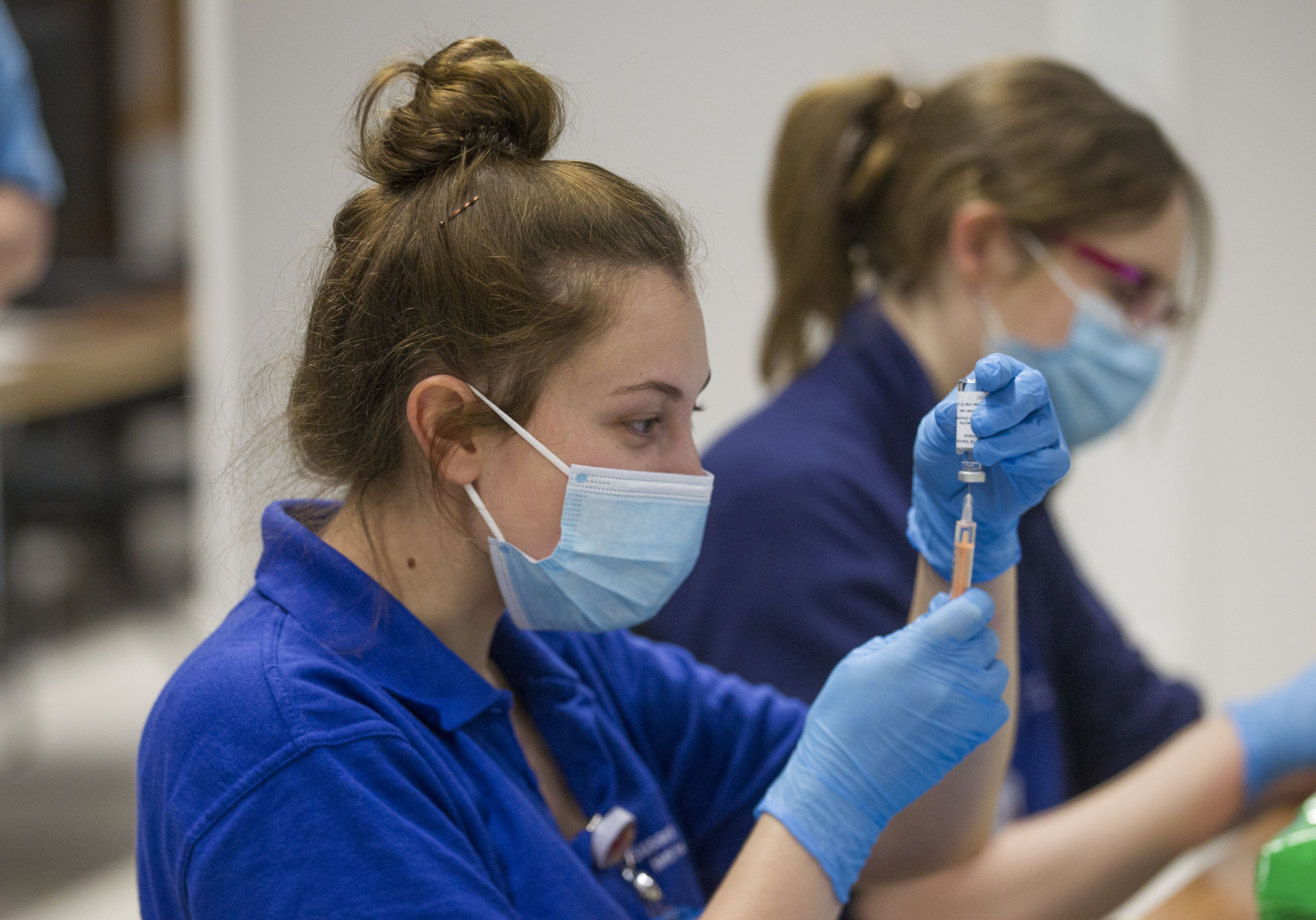Thousands of people from Brighton and Hove have had Indian-made doses of the AstraZeneca coronavirus vaccine also known by its brand name Covishield.
There are concerns that this will leave them ineligible for travel to European Union countries as international travel restrictions are eased.
The government said yesterday (Friday 2 July) that the problem was an administrative glitch that it hoped would soon be resolved.
It also said that the vaccine was exactly the same as the British-made version of the AstraZeneca vaccine that many others in Brighton and Hove have been given.
The Department of Health has said that it could not comment on individual vaccine supplies, because of commercial and security considerations.
But the batch numbers of those made by the Serum Institute in India include 4120Z001, 4120Z002 and 4120Z003.
The batch number is written on the card given to people when they have their jab – and on the NHS Covid Pass letter being used as proof of vaccination.
A number of people locally contacted Brighton and Hove News yesterday because they had had an Indian-made vaccine and were concerned that they may not be able to travel abroad without quarantining.
According to the BBC, five million Covishield-branded doses were bought from the Serum Institute in India as part of Britain’s order of 100 million AstraZeneca doses.
Although it is the same as other AstraZeneca doses, it has not yet been authorised by the European Medicines Agency (EMA), the European Union regulator, so is not recognised by the EU.
Adam Finn, from the government’s Joint Committee on Vaccination and Immunisation, told the Today programme on BBC Radio 4 that the batches were “exactly the same stuff”.
Professor Finn said: “This is an administrative hurdle that needs to be straightened out but people should not be concerned that they are in some way less well protected.
“We’re in the early days of this new world of needed vaccine passports and there are lots of aspects of this that are still being sorted out for the first time.
“But it’s clearly, ultimately, not in anyone’s interest, including the European Union, to create hurdles that don’t need to be there.”
The Press Association (PA) said: “The EU is rolling out a ‘digital covid certificate’ so travellers can prove their vaccination status in order to exempt them from quarantining when crossing an international border.
“Britain is in talks with Brussels about easing travel restrictions between the UK and the continent, discussions which EU sources described as going in the right direction.
“They said it was not yet clear whether the UK will use the NHS app or another in order to display vaccination status.
“But a UK government spokesman said the app will be ‘a key service’ as international travel is reopened and hinted at a possible mechanism to ease the Covishield issue.”
The government said: “All AstraZeneca vaccines given in the UK are the same product and appear on the NHS Covid Pass as Vaxzevria.”
PA said that the NHS app was already being accepted by individual countries including Spain and Greece.
The European Commission said: “Entry into the EU should be allowed to people fully vaccinated with one of the vaccines authorised in the EU.”
The Commission added that individual member states could also allow entry for people vaccinated with jabs on the World Health Organisation’s emergency list.
It said: “This is the case for Covishield which is not authorised for placing on the market in the EU.”
Downing Street said that the British regulator, the Medicines and Healthcare products Regulatory Agency (MHRA), had shared its assessment of the vaccines with its EU counterparts at the EMA to assist the approvals process.
No 10 added: “They’re the same product which has been authorised and checked for safety and quality by our MHRA. They’ve shared their inspection report with the EMA.”










